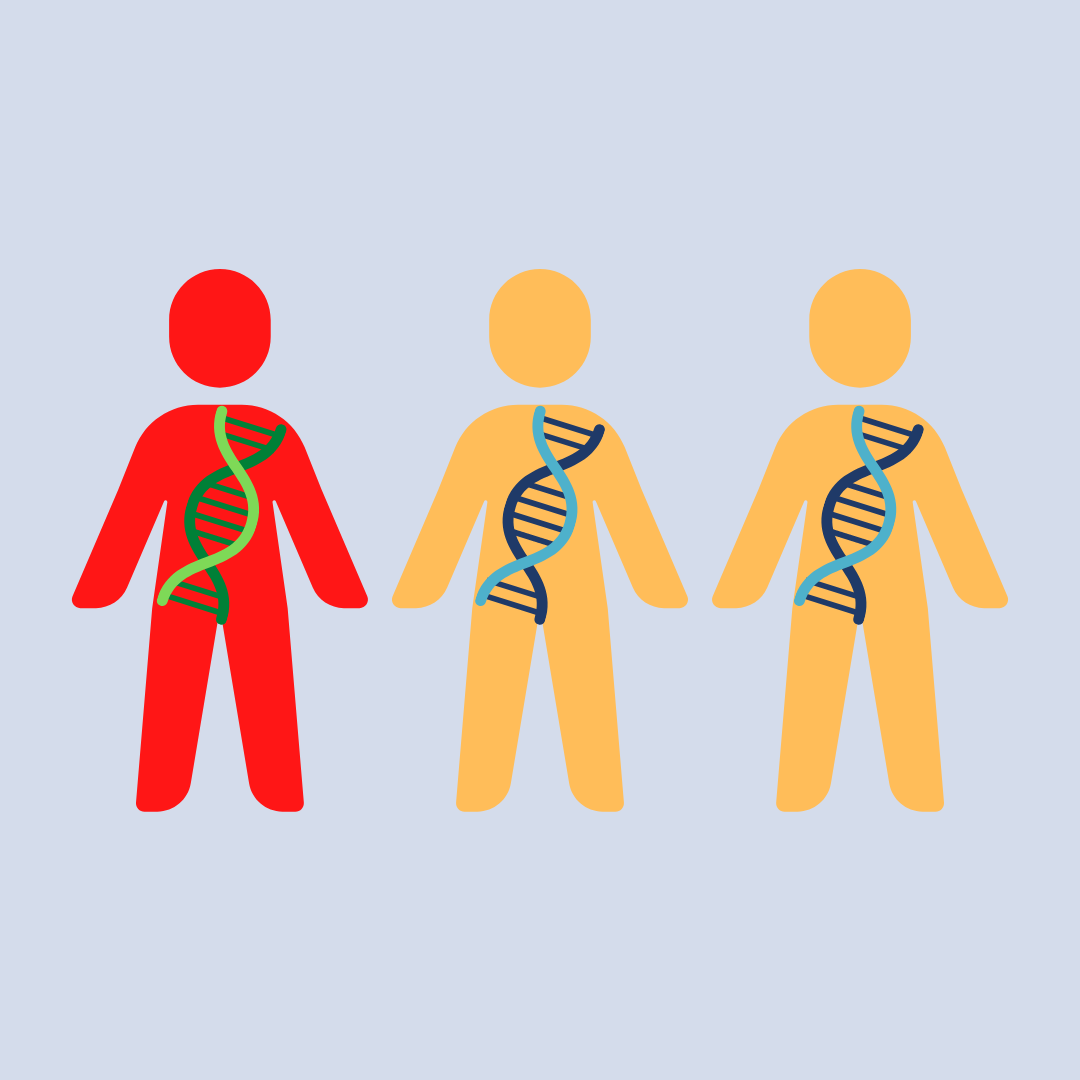Human Biotech is in the News: We Need to Talk

Reproductive rights have been a flashpoint in national politics for decades, with the stakes surging after the Supreme Court shredded the right to an abortion. In the current presidential campaign, the battle over abortion has swelled and morphed to encompass in vitro fertilization (IVF), which has now moved rapidly from widely accepted to partisan hot button.
This dramatic shift was highlighted by the February decision of the Alabama Supreme Court that granted personhood rights to frozen IVF embryos, signaling that IVF has become a target of the broader pro-life movement. Unfortunately for Republicans, IVF is extremely popular. Both candidates for President claim to support access to IVF, although Republicans in the Senate blocked a Democratic bill, strongly supported by Harris, to provide a nationwide right to IVF treatments.
Meanwhile, a broader and more future-focused discussion of new reproductive technologies is rapidly evolving. Biologists, social scientists, and reproductive freedom advocates with varying opinions are increasingly discussing some complicated facets of reproductive technologies that are here now or predicted for the near future. Dr. Diane Tober, a medical anthropologist with a focus on biocultural aspects of health, gender and sexuality, has written what looks to be an important book:
Eggonomics: The Global Market in Human Eggs and the Donors Who Supply Them
… Drawing upon international anthropological fieldwork, Eggonomics reveals the clinical spaces where egg donor’s bodies are tested, prodded, and poked for ever-increasing sums of profit, eugenic forces drive donor selection, and the unrelenting pressures of global capitalism threaten medicine’s prime directive of ‘do no harm.’ …
Eggonomics will be published on October 18 (expect a full review here shortly thereafter) and is already drawing attention. On September 2, Newsweek published a widely-noticed article:
“This is Eugenics”: Exploitation and Discrimination in Egg Donation Exposed
As an example, the article quotes Tober: “An Ivy League Chinese American donor may be paid as high as $250,000 for a single round of egg donation, while a donor with less education or of a different ancestral background might only receive $8,000.”
The book was immediately discussed in the UK Daily Mail, on the web (1, 2, 3), and then in a feature at Salon. The UK Times also ran an article titled “Want a girl with blue eyes? Inside California’s VIP IVF industry.”
A week later, the New York Times published an op-ed by Ari Schulman, editor of The New Atlantis, looking to where economic and social developments might lead as scientists and startups develop reproductive technologies:
The World Isn’t Ready for What Comes After I.V.F.
There’s a vibe shift coming for reproductive medicine.… Consider in vitro gametogenesis, or I.V.G., a technology under development that would allow the creation of eggs or sperm from ordinary body tissue, like skin cells. Men could become genetic mothers, women could be fathers, and people could be the offspring of one, three, four or any number of parents. …
Schulman makes some strong points about the likely implications of technological developments being effectively restricted to the very wealthy (“Silicon Valley tech overlords”) but somehow the term “eugenics” is missing from his analysis.
Antonio Regalado, the journalist who broke the He Jiankui story about CRISPR babies, and who continues to document the rogue biologist’s flailing career, in late August published another forward-looking piece at MIT Technology Review:
Beyond gene-edited babies: the possible paths for tinkering with human evolution
CRISPR will get easier and easier to administer. What does that mean for the future of our species?
Regalado cites the famously imaginative geneticist and entrepreneur George Church, who suggests that it will be much easier to fine-tune people’s genomes after birth and possibly throughout life. That of course would not be enough for the notorious He Jiankui, once again featured, despite the pleas of gene-therapy expert Fyodor Urnov, who considers He to be a scientific “pyromaniac” and fears that his own hopes for gene therapy are “tempered by our history of a lack of moderation and wisdom.”
Some people tend to overstate the realistic possibilities of technology; others disagree. But surely we can all agree that dialogue does need to take place, and that technological and social changes have to be addressed. Effective regulation requires politics, which in turn requires debate. We need to talk.



